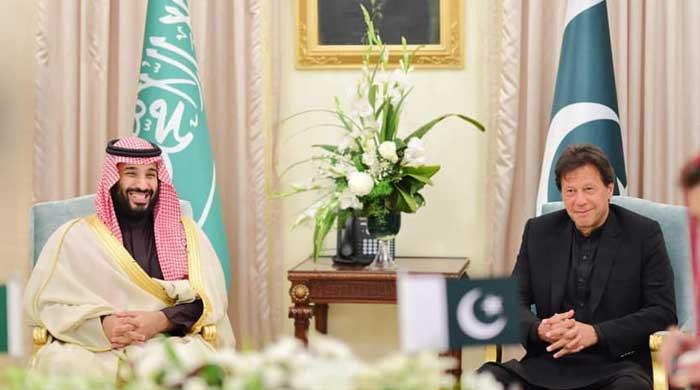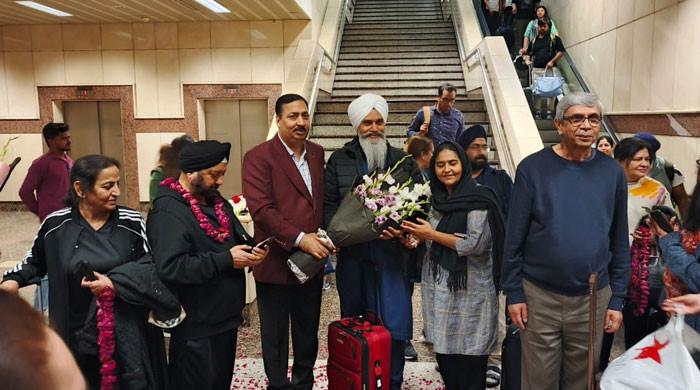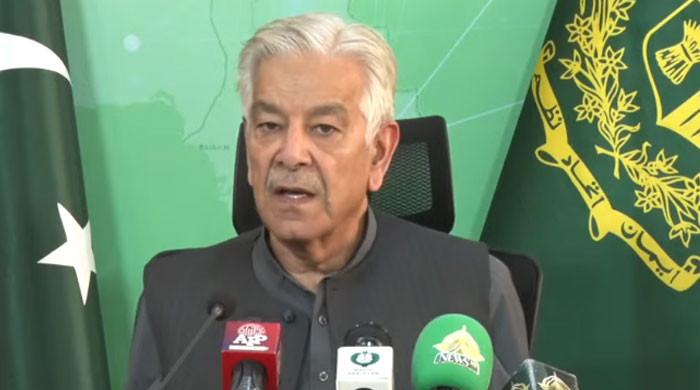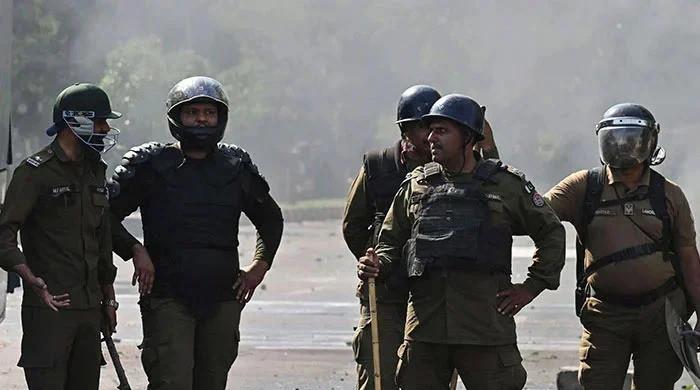US, India hold similar views on Kashmir dispute: NSA Janjua
Lt Gen (retd) Nasir Khan Janjua says the US is giving New Delhi priority over Islamabad
December 18, 2017
ISLAMABAD: National Security Adviser Lt Gen (retd) Nasser Janjua said on Monday the United States of America is following Indian policy on the longstanding Kashmir dispute.
Speaking at a National Security Policy Seminar, Janjua lamented that despite Pakistan giving the most human and economic sacrifices in the war against terrorism, the world has still not respected the vital role it has played.
He said that Pakistan has defeated the heinous ambitions of its enemy as the insurgents in Balochistan are putting down their weapons and choosing to say ‘Jeevay Jeevay Pakistan’ (Long live Pakistan).
Lt Gen (retd) Janjua said that India is threatening Pakistan with a conventional war.
The US has given India role in Afghanistan’s political process, giving New Delhi priority over Islamabad, and has opposed the China Pakistan Economic Corridor (CPEC), he pointed out.
“Taliban are getting stronger in Afghanistan, and Pakistan has faced heavy human and economic loss in its war against terrorism but the US is blaming Pakistan for its own failure in Afghanistan,” the adviser remarked.
He said that terrorism in Pakistan emerged after the country decided to support the US and the West.
The national security adviser said that in opposition to China and Russia, the US has disrupted the balance of power in South Asia.
“Security in South Asia is under pressure,” he said.
Zaheer-ul-Islam addresses conference
Addressing the seminar, former director-general Inter-Services Intelligence (DG-ISI) Lt Gen (retd) Zaheer-ul-Islam said that all stakeholders need to be taken on board in formulating the national security policy.
He also stressed on the need to talk openly about national security to improve policy formulation.
"A comprehensive national security policy has assumed greater importance due to fluid international and regional environment, traditional dimensions of threat scenarios, and changing narratives of war," said the former ISI chief.
"The national security policy is no more the domain of the political leadership or the security establishment only. Multi-dimensional threat warrants an integrated approach to evolve a security policy involving all stakeholders in order to make it comprehensive and all-encompassing. Therefore, it is important to discuss and analyse the relevant issues individually, openly, and deliberately to form policy options," he said.











